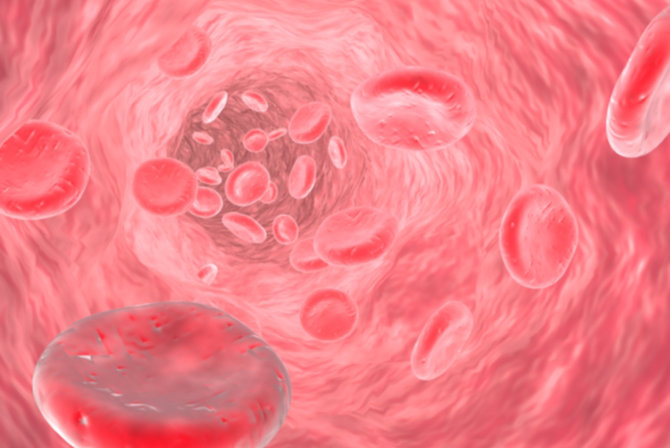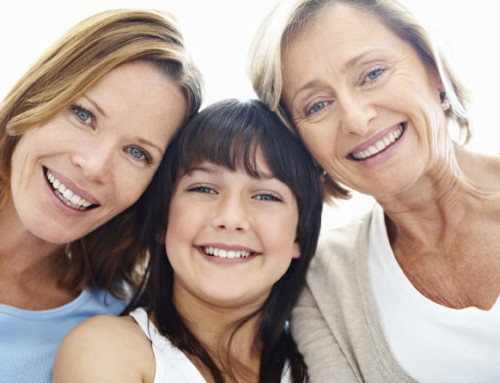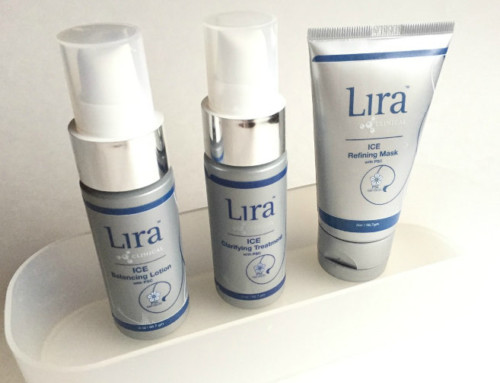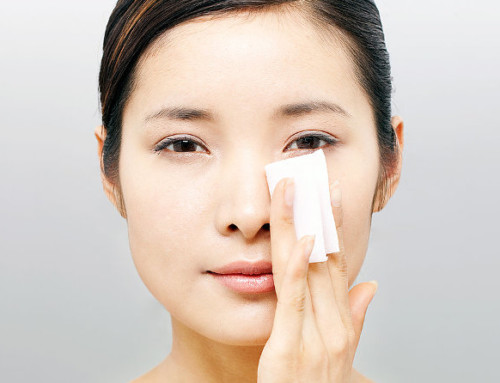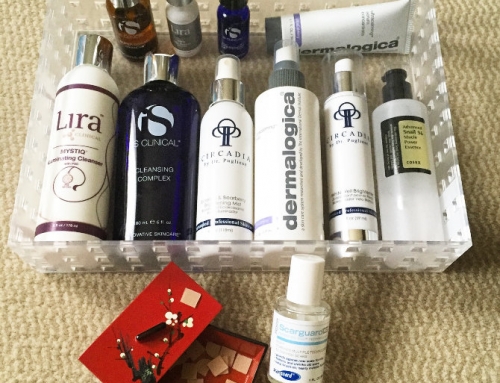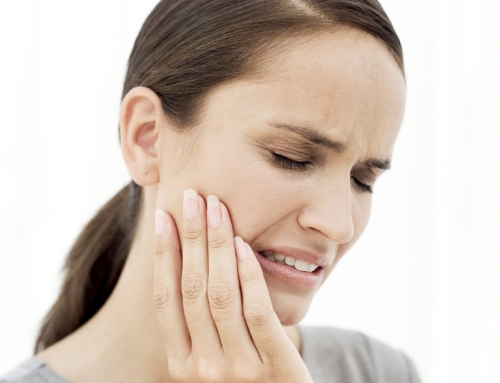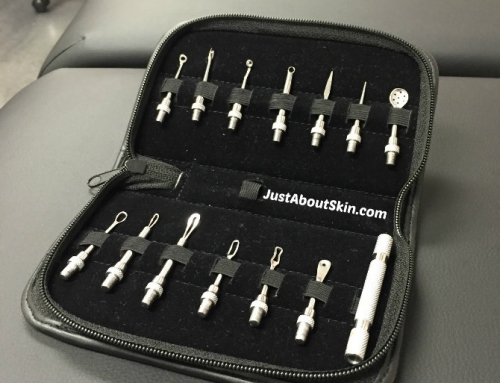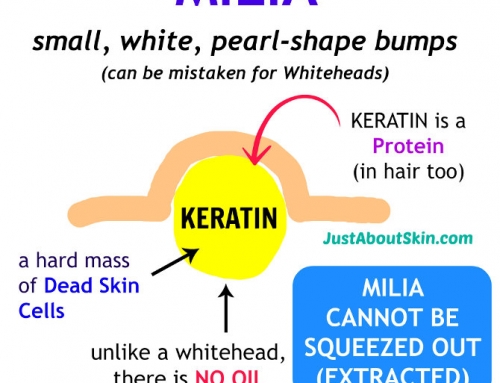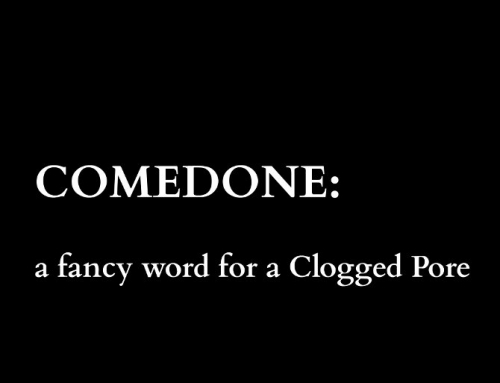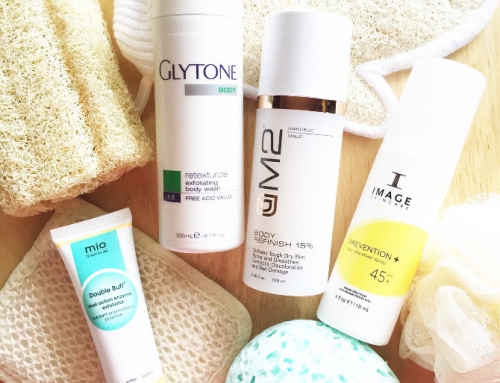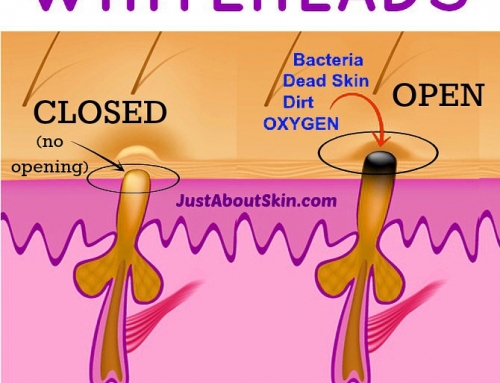Acne is sometimes mistaken for Rosacea because they share some of the same symptoms, such as redness and acne-like lesions. But they are actually very different conditions. And if you have rosacea but treat it like acne, you can actually make it worse.
Acne is a disorder of the sebaceous gland, whereas rosacea is a neurovascular disorder.
Acne vs Rosacea
Here are some general comparisons that can help you differentiate the two.
Similarities of Acne & Rosacea (Subtype 2):
- Redness
- Sensitivity, burning, stinging
- Bumps (papules) and pimples (pustules)
Characteristics of Rosacea Not Typically Seen in Acne:
- Flushing and blushing, especially in butterfly zone of face (eyes, nose, cheeks)
- Visible capillaries
- Dry, itchy, red eyes
- Swelling
- Lumpy, bumpy skin
Characteristic of Acne Not Typically Seen in Rosacea:
- Blackheads
- Enlarged pores
- Big, painful cysts along the jaw (characteristic of female hormonal acne)
More About Rosacea
Rosacea is most common in light-skinned women between the ages of 30-50 with Northern European genes (Scandinavian, British).
Rosacea is characterized by persistent redness in the rounded areas of the face: cheeks, nose, chin, and mid forehead.
There are two common forms of rosacea: dry and pustular. Pustular rosacea (Subtype 2) resembles acne, which is why they can be confused.
In both forms of rosacea, skin is highly reactive, fragile, and blushes easily. And skin barrier function is poor.
The other forms of rosacea, glandular rosacea and ocular rosacea, are less common.
Treating Rosacea
Rosacea is a chronic condition that cannot be cured, only controlled. The key to treating rosacea is to avoid triggers and irritants, reduce inflammation, and strengthen the barrier function.
Treatments that are recommended for Acne often make Rosacea WORSE.
If you react to traditional acne treatments, you may actually have rosacea instead of acne.
Acne Treatments that Make Rosacea Worse
- Retinoids
- Salicylic acid
- Alpha hydroxy acids
- Fruit enzymes (papain, bromelain)
- Tea tree oil
- Corticosteroids
Rosacea Triggers
- Stress
- Sun exposure
- Heat
- Hot baths & showers, jacuzzi, steam room, sauna
- Skin care products & cosmetics
- Medications
- Pollution
- Tobacco smoke

